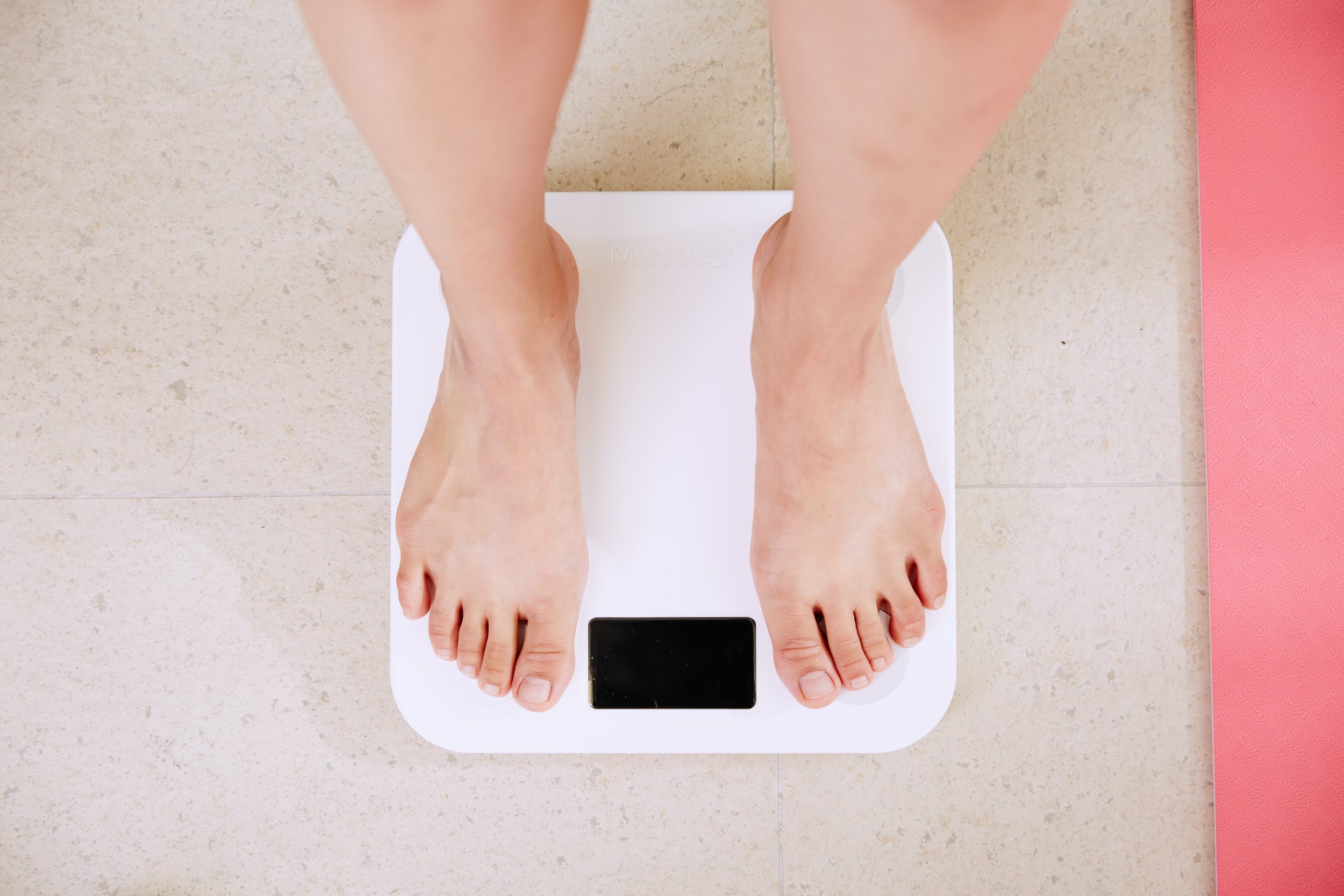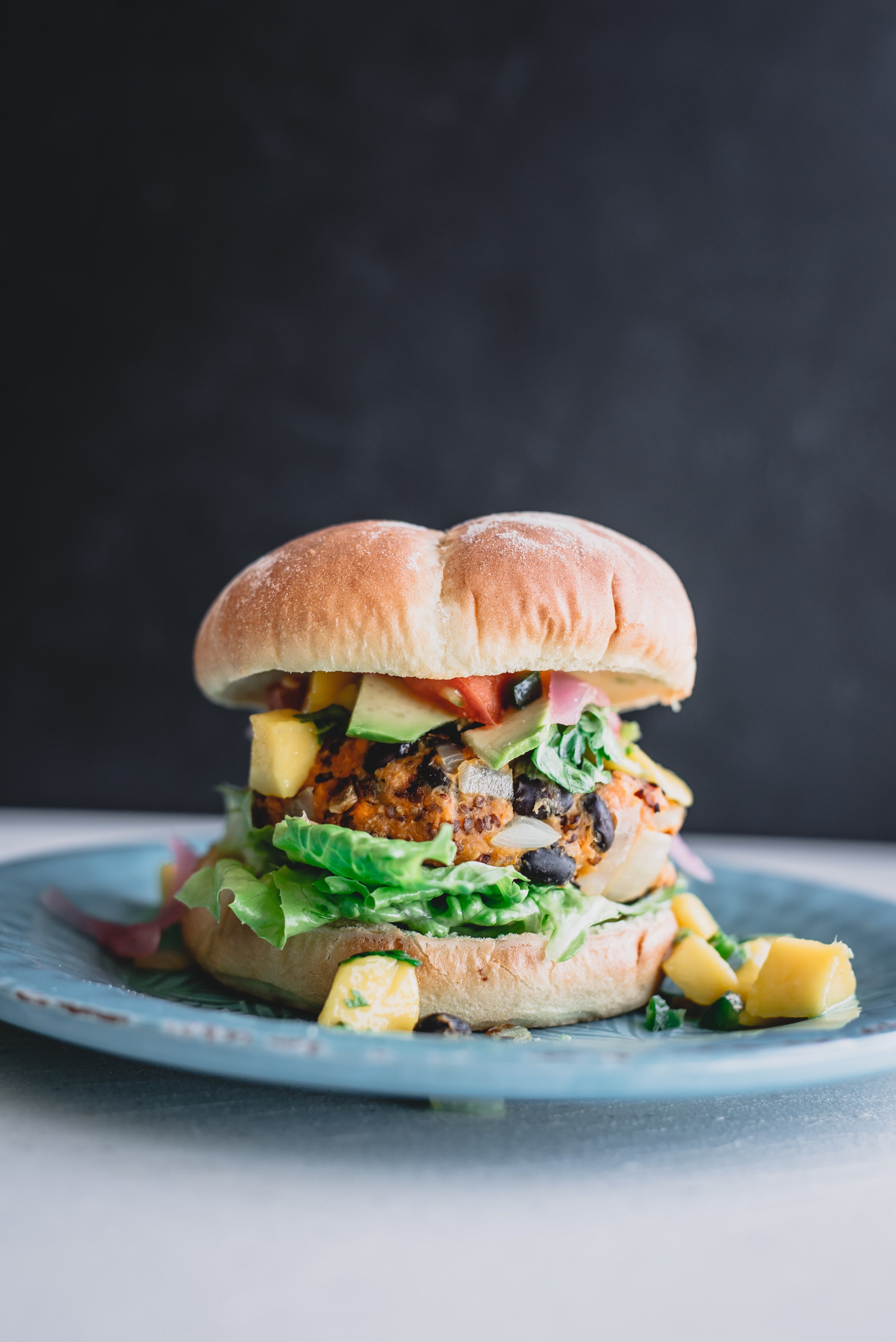How Much Carbohydrate Does an Endurance Athlete Need?
Carbohydrates are essential fuel for endurance athletes, not only during training and racing, but also at every meal, as well as before and after workouts. But why do we need them and how much is enough? The following provides recommended carbohydrate intakes for before, during, and after your workouts for optimal performance and recovery.
What Are Carbohydrates and How Are They Used by the Body?
Carbohydrates are the main source of fuel for every cell in your body–including your muscles and your brain. Carbohydrates that you consume are broken down into glucose and stored as glycogen in your body. When your body doesn’t need glucose from the food you eat right away, it stores glucose in your liver and muscles as glycogen to use later.
Your body mainly uses the store of glycogen in your liver to help regulate your blood glucose (also known as blood sugar) levels. When glucose is in your blood stream, your cells can use it for energy. Your body carefully regulates the amount of glucose in your bloodstream with the hormones glucagon and insulin.
Muscle glycogen serves mainly as a source of fuel for your muscles, and thereby your workouts and races. Your body stores about three-quarters of your total glycogen in skeletal muscle so they have a consistent supply of energy. How quickly you deplete your supply of muscle glycogen is related to the intensity of exercise.
At lower intensities, your body uses a combination of fat and glucose to fuel exercise. As the intensity increases, your body shifts more to using glucose. So the greater the intensity, the more muscle glycogen you use, and the faster you run out. As a result, your intensity decreases and you slow down. Your muscles can restock with glycogen when you consume enough carbohydrates. While it is possible to remain in a primarily fat burning zone at lower intensities, you body still needs carbohydrate to metabolize fat at the rate needed for exercise. Therefore, it is essential to athletic performance to consume enough carbohydrates.
How Much Carbohydrate Does an Endurance Athlete Need on a Daily Basis?
Endurance athletes should aim for about 50 to 70% of their total daily calories to be from carbohydrates. The exact amount of carbohydrate that an athlete needs will depend on their frequency, duration, and intensity of training. A general carbohydrate recommendation for athletes training 1 to 3 hours a day is about 6 to 10 grams of carbohydrate per kilogram of body weight. Athletes training 4 to 5 hours per day may need up to 8 to 12 grams of carbohydrate per kilogram of body weight..
Fat-adapted diets and low-carb diets have been gaining popularity, but for most cyclists and triathletes in most situations, restricting carbohydrate intake is going to diminish performance potential due to how your body fuels different intensities of exercise, and how macronutrients affect fatigue.
The ranges provided in the beginning of this section are large ranges, and exact amounts need to be balanced with protein and fat needs, which is best done with the support of a sports nutritionist. However, rather than counting calories, endurance athletes can focus on consuming carbohydrates, before, during, and after exercise, and with meals.
What Is The Best Time To Consume Carbohydrates?
Endurance athletes such as cyclists and triathletes need to to consume carbohydrates both throughout the day and during exercise to 1) replenish glycogen stores in the liver and muscle between workouts and races, and 2) optimally fuel training and racing. For athletes completing more than one workout a day, it is essential for optimal training performance to focus on replenishing glycogen stores between workouts.
Before Training and Racing
Before training and racing, plan to consume 1 to 4 grams of carbohydrate per kg of body weight–or simply a carbohydrate rich meal such as oatmeal, pancakes, a bagel, etc. Exact amounts and types of foods will depend on the amount of time before your training or event. For example, if you are working out shortly after waking up, you may not have much time to digest and prefer something small such as plain toast, a gel, or fruit juice. If you have more time between your meal and your workout or race, you can eat more. This will also vary significantly from person to person, and may require some trial and error on what to eat, how much to eat, and how far ahead of your workout or race to eat. Practice this during training to figure out what works for you.
During Training and Racing
During training and your event, plan to consume 30 to 90+ grams of carbohydrate per hour in an easily digestible form. Simple carbohydrates in the form of sports drinks, gels, Swedish fish, gummi bears, etc. will be the quickest to absorb and digest. Sports drink can provide better hydration than plain water, while also supplying needed carbohydrates. Solid foods and foods that also contain fat, protein, and fiber, such as bars or a peanut butter and jelly sandwich, will take longer to digest and absorb into the bloodstream. Consuming foods with fat, protein, and fiber will also make it more difficult to consume higher amounts of food—and therefore carbohydrates—overall. So balance your food choices with your personal preferences and event requirements.
Some athletes can consume up to 120+ grams per hour of simple carbohydrates, but athletes should start at a lower range of 30 to 60 grams and work their way up to higher amounts to avoid stomach upset.
After Training and Racing
Aim for at least 1 gram of carbohydrate per kilogram of body weight 15 to 30 minutes after a hard workout or race to support recovery and to begin replenishing glycogen stores to prepare for your next session. This is particularly important for athletes with more than one workout per day. Replenishing carbohydrates after a hard session also helps to make sure your body doesn’t use muscle protein to create glucose needed by the body.
Plan to have a carbohydrate rich snack, such as a bowl of cereal, a whole wheat bagel with nut butter and jam, fruit, or a recovery drink, as soon as possible after your workout or race, and follow this by a normal meal within 1 to 2 hours. Depending on timing and appetite, you can skip the snack and go directly to your full meal.
As Part of Daily Meals
Rather than going too deep into counting calories and grams, endurance athletes can just be sure to include complex carbohydrates at each meal. Good sources include whole grains, beans, starchy vegetables (such as potatoes), and fruit. In addition, all other vegetables contain some amount of carbohydrates, so there is a huge variety of places to help you meet your needs.
A few examples include the following.
Oatmeal (1/2 cup dry): 50 grams of carbohydrate
Brown Rice (1/2 cup dry): 68 grams of carbohydrates
Whole Wheat Bagel: 57 grams of carbohydrate
Black beans (1 cup cooked): 40 grams of carbohydrate
Chickpeas (1 cup cooked): 35 grams of carbohydrate
Banana: 28 grams of carbohydrate
Apple: 25 grams of carbohydrate
Potato (1 cup diced): 27 grams of carbohydrate
Sweet Potato (1 cup diced): 26 grams of carbohydrate
Butternut Squash (1 cup diced): 16 grams of carbohydrate
Broccoli (148g): 10 grams of carbohydrate
Making This Work for You
There isn’t one easy solution to sports nutrition that works for everyone, so be prepared to try some different things to figure out what works best for you. Use every training session and workout, even easy ones, to test out what foods you like and what works best for you. Take note of what you ate before and during your workout and how you felt during and after.
Related Posts
Sources
“Glycogen: What It Is and Function,” Cleveland Clinic, accessed October 25, 2022. https://my.clevelandclinic.org/health/articles/23509-glycogen
Fink, Heather Hederick and Alan Mikesky., Practical Applications in Sports Nutrition. 6th ed.,, Burlington, MA, Jones & Bartlett Learning, 2021.
Photo by Brooke Lark on Unsplash


